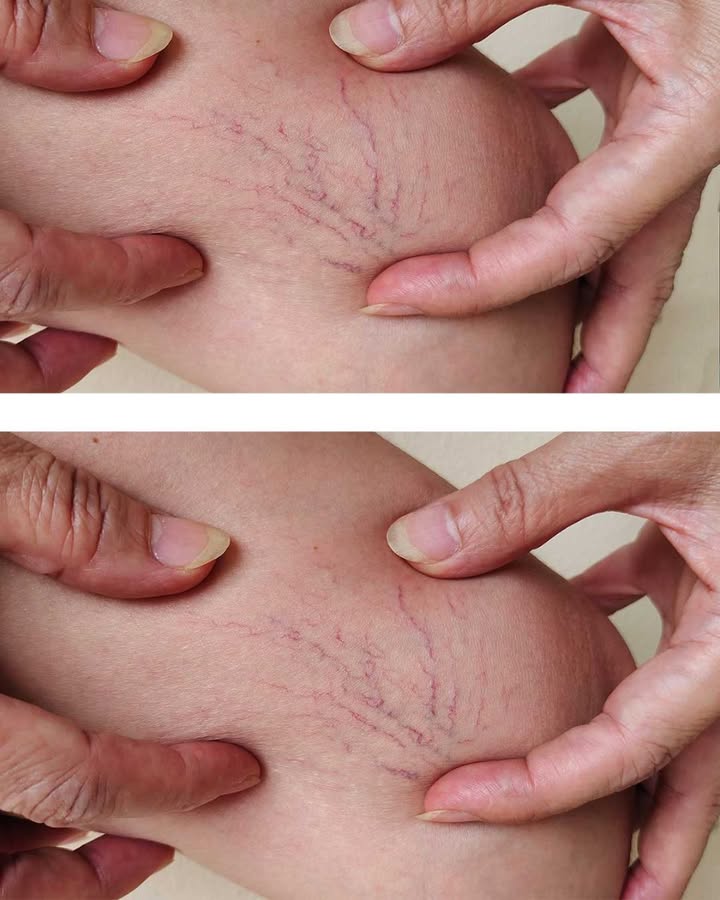When to Seek Medical Attention
While spider veins are generally harmless, there are situations where medical attention is necessary. If you experience significant pain, swelling, or changes in skin color around the veins, consult a healthcare professional. If the veins bleed or you develop sores or rashes near them, seek medical advice. Additionally, if you notice the sudden appearance of numerous spider veins, it may indicate an underlying health issue that requires evaluation. Always inform your doctor of any symptoms or concerns during your appointment.
Preparing for Your Doctor’s Appointment
To make the most of your doctor’s appointment, prepare by documenting your symptoms, including when they started and any factors that seem to worsen them. Take note of any family history of vein issues and list any medications or supplements you are taking. Prepare questions to ask your doctor about treatment options and lifestyle changes. Bring along any over-the-counter products you have been using for your spider veins. This preparation will help your doctor assess your condition more effectively and provide appropriate recommendations.
Long-Term Strategies for Vein Health
Maintaining long-term vein health involves a combination of lifestyle choices and medical interventions. Continue with regular exercise and a balanced diet to support circulation. Consider periodic use of compression stockings, especially during long flights or periods of inactivity. If recommended by your doctor, explore medical treatments such as sclerotherapy, laser therapy, or vein surgery to address more severe cases. Regular check-ups with a healthcare provider can help monitor your vein health and prevent complications. Staying proactive about your vein health can reduce the risk of developing more serious vein conditions in the future.
